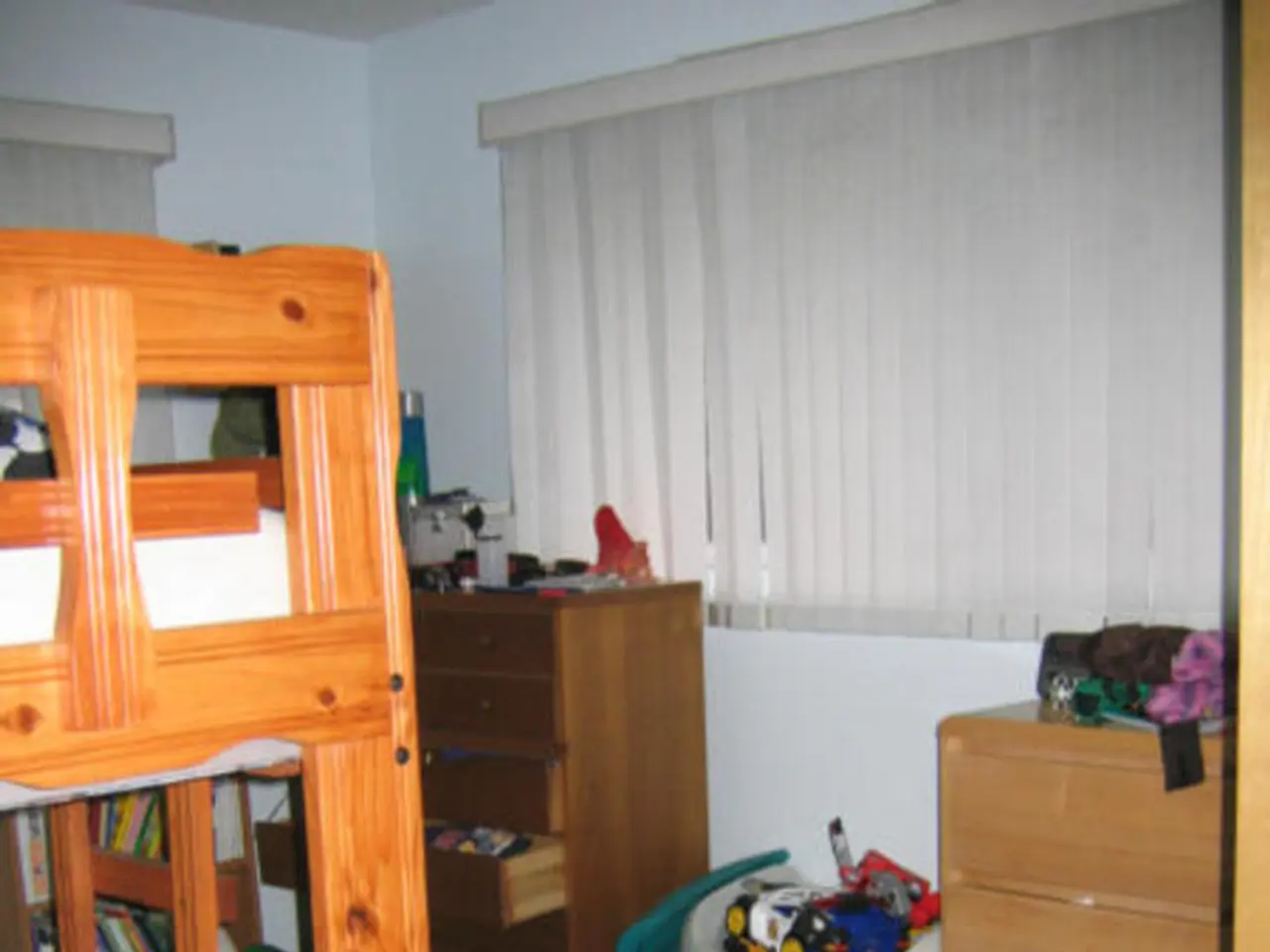IKEA experiences setback: Labour Court upholds works council's retention in its entirety
In the world of corporate-labour relations, disputes can sometimes arise, as seen in the recent legal battle between IKEA and works council member Ludwig Doblinger. The case, which revolved around allegations of expense fraud and working time fraud, has been making headlines in Germany.
Works councils, such as the one Doblinger represents, play a crucial role in Germany, acting as a bridge between management and employees to ensure fair labor practices. Doblinger, a long-standing employee with over a decade of service at IKEA, is well-regarded among the workforce for his commitment and dedication.
The legal dispute began when Doblinger was accused of misusing company funds and breaching working hours regulations. The central question was whether Doblinger had claimed a full-value lunch or if it was simply a snack. The accusations also included three 15-minute coffee breaks during a three-day meeting of the IKEA works council in Fulda, amounting to around 33 euros.
However, the Labor Court in Regensburg ruled that the extraordinary dismissal of Doblinger was formally invalid and substantively unfounded. This decision was based on the fact that the legally prescribed period for an extraordinary dismissal (14 days) was not observed, as well as the court's finding that no gross breach of duty was committed by Doblinger.
The verdict was met with support from both the ver.di trade union and the SPD working group for employee issues in Regensburg, who labelled the accusations against Doblinger as "constructed" and "intimidation tactics".
Despite the court's decision, there are indications that another legal dispute between Doblinger and IKEA could soon be presented to the Labor Court. It remains uncertain whether IKEA will attempt to pursue the case further in the second instance, given the Labor Court in Regensburg's rejection of the dismissal due to formal defects.
This case serves as a reminder of the importance of employment laws that protect workers' rights and ensure fair treatment. It also underscores the potential consequences of escalating disputes in the workplace, including legal proceedings, financial implications, and reputational damage.
During last year's collective bargaining dispute, Doblinger made public statements, including "Give us our money so we can lead a decent life and don't treat us like modern slaves." These words reflect the passion and advocacy that Doblinger brings to his role as a works council member, which some speculate may be the reason behind IKEA's desire to dismiss him.
As the case continues to unfold, it will be interesting to see how IKEA and Doblinger navigate this complex situation. For now, the court's decision has provided a clear ruling in Doblinger's favour, but the potential for further legal action remains.
The works council, an integral part of business-labor relations in Germany, serves as a bridge for fair labor practices. In the recent dispute between IKEA and works council member Ludwig Doblinger, the Regional Labor Court in Regensburg ruled that Doblinger's extraordinary dismissal was invalid and unfounded, due to formal defects and lack of evidence. This case highlights the significance of finance and industry in maintaining fair labor practices, while underscoring the potential consequences of retail disputes, including legal proceedings, financial implications, and potential reputational damage.






